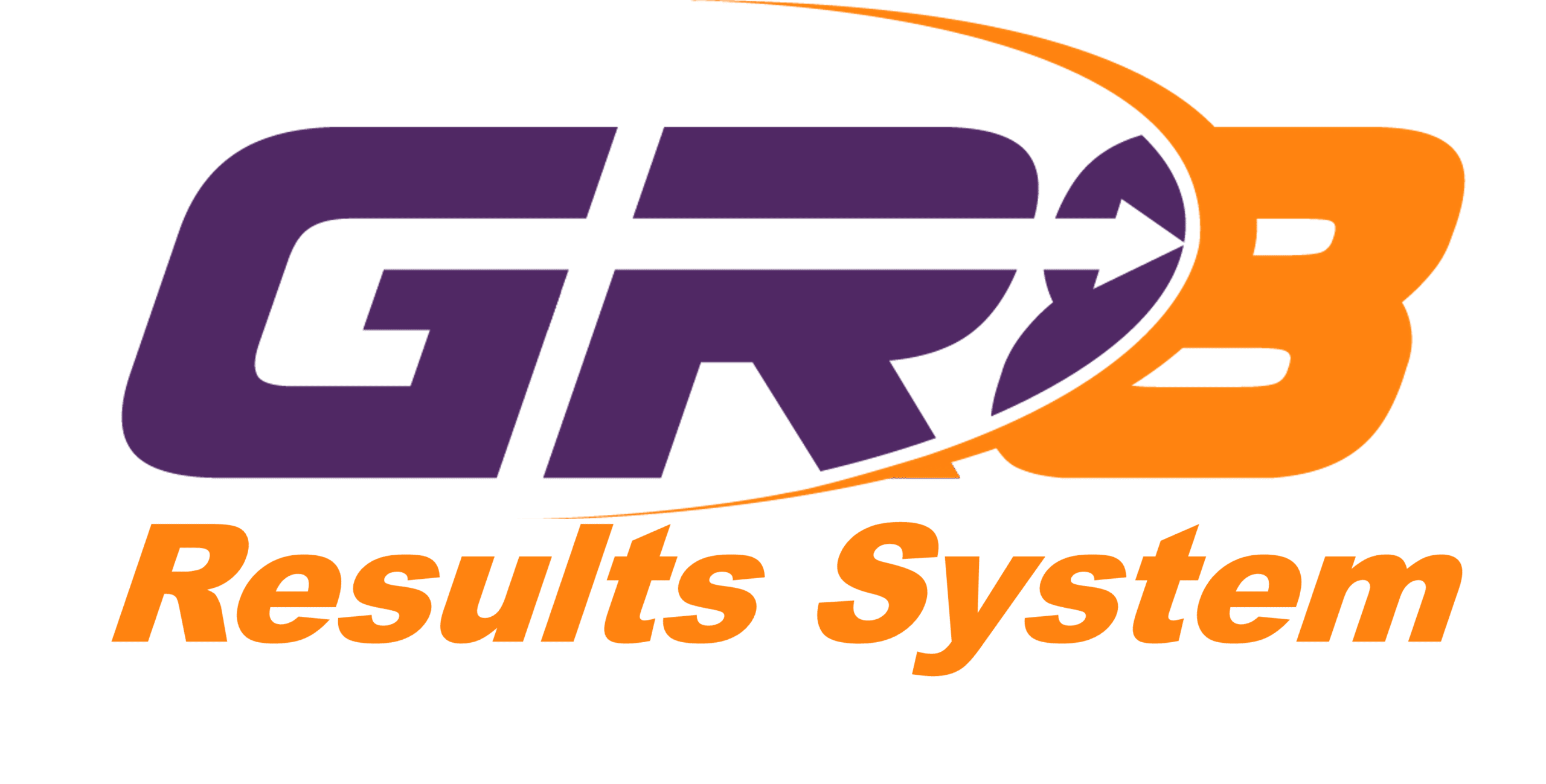Put the 3 Daily Priorities into Practice—Clear Expectations, Clear Consequences, and Self-Governance—to Boost Productivity.
Great managers live by these three priorities and encourage others to do the same. When practiced consistently, they sharpen focus—for both the leader and the team. And while powerful on their own, these priorities are even more effective when built on the foundation of the 6 Critical Values and the 5 Essential Capacities.
Think about it: when you’re clear on what needs to be done, understand the consequences of inaction, and take full ownership of the task, your chances of success go way up.
But it doesn’t stop there. Great managers also invest in people. They help others understand what’s expected, what happens if expectations aren’t met, and who’s accountable. By applying the 3 Daily Priorities personally and teaching them to others, managers drive stronger results and help everyone get more done.

Daily Priority #1 Clear Expectations
One of our favorite reminders is, “Where you look, you tend to go.” Yet, many individuals and organizations fall into the trap of chasing distractions—jumping from one shiny object to the next—without a clear destination in mind.
When your goals aren’t defined, it’s easy to drift, reacting to whatever life, circumstances, or other people throw your way. Even more concerning, a lack of clarity disconnects you from your team and your organization. Without shared expectations, alignment and progress suffer.
Great managers, however, know exactly what needs to happen today—and they’re also thinking ahead. They set expectations for the week, the month, and the year. That’s strategic thinking in action. And when tied to intentional planning, it becomes a powerful force that brings focus and direction to your daily decisions.
Clear Expectations Are a Hallmark of High Performers
When your personal expectations align with your organization’s goals, you’re operating at a high level. If you report to an executive, take the initiative to check in and confirm you’re on the right track. That simple step shows your commitment to hitting your goals—and supporting theirs and the organization’s overall mission.
Even more, when you actively listen and adjust based on feedback, you show a strong willingness to learn and grow.
With clear direction in place, your next move is to execute with excellence—because now, you’re aiming at the right target.
Daily Priority # 2 Clear Consequences
When you connect clear expectations with clear consequences, you create accountability that drives real results. It’s not about urgency—it’s about reality. Ask yourself: What happens if the report isn’t finished today? If those orders go unfilled? What impact does missing your goals have on the team?
This isn’t a participation trophy scenario—real life and real leadership come with real outcomes. In business, there are wins and losses. That’s why understanding the consequences tied to your tasks and goals is essential if you want to lead effectively.
The 3 Daily Priorities—Clear Expectations, Clear Consequences, and Self-Governance—prepare you for the next level of leadership. And once you're clear on them, help your team understand the connection too. Be transparent about how their actions (or inaction) impact the bigger picture.
But remember: management isn't about ultimatums or heavy-handed demands. That approach might spark short-term results, but it stifles long-term growth. The better path is to lead with clarity and trust—offering freedom within a structured framework, where individuals are encouraged to own their work through self-governance.
Daily Priority #3 Self-Governance
At the heart of exceptional management is self-governance. The best managers don’t need constant follow-up—they simply do the right thing because they understand what’s at stake. They stay aligned with team and organizational goals and boost productivity by taking full responsibility for their commitments.
So, what is self-governance?
Self-Governance is the ability to pass up immediate gratification for a future reward.
Or simply: Doing the right thing because it needs to be done.
Either way, the principle stands. It’s a life skill that’s often overlooked—but truly great managers prioritize it and nurture it in others.
Now imagine a team where self-governance is the norm. Each person takes ownership. Tasks get done without being chased down. That means you, as the leader, can focus more on strategy and high-value work—instead of managing the basics.
Want to build that kind of team? Lead with less control and more empowerment. Create a culture that values freedom, initiative, and accountability. Align each person’s strengths with the organization’s expectations. Encourage ownership, not just compliance.
Yes, demands can drive results—but they often come at a cost: creativity fades, morale drops, and initiative disappears. A compliance-based culture performs when someone’s watching. A self-governing culture performs because it matters.
In the end, it’s your choice. True management means building a “WE” culture, not a “ME” culture. It means valuing people while staying focused on results.
That’s the heart of the GR8 Results System—and it starts with these 3 Daily Priorities.
